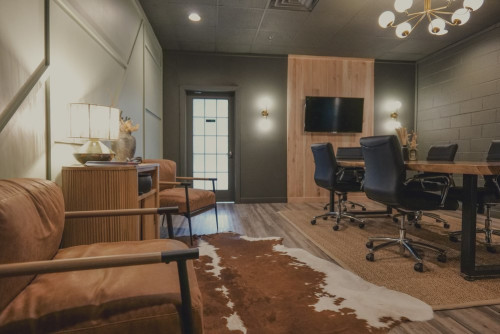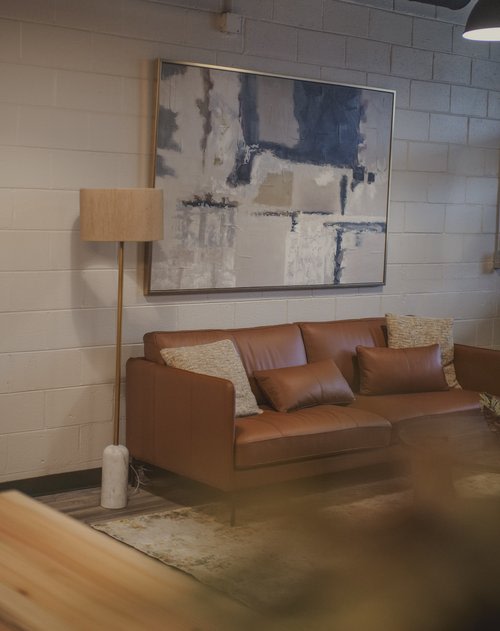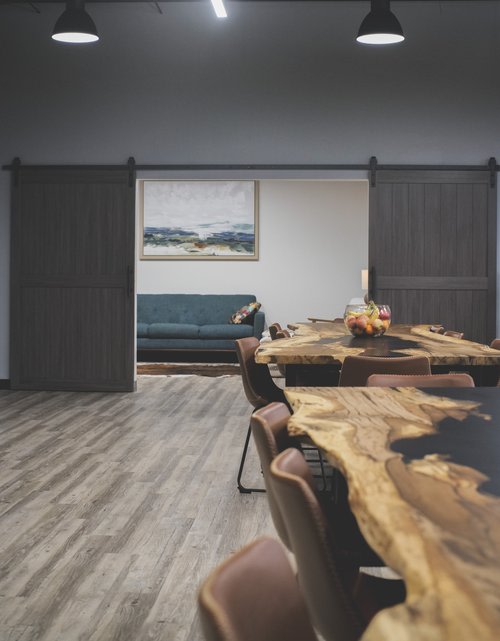






The Blake House
Treatment Focus
This center primarily treats substance use disorders, helping you stabilize, create relapse-prevention plans, and connect to compassionate support.
Primary Level of Care
Transitional housing designed to support individuals recovering from substance use disorders offering a safe, supportive and structured environment for practicing long-term sobriety, while reintegrating back into daily living.
Claimed
Recovery.com has connected directly with this treatment provider to validate the information in their profile.
Treatment Focus
This center primarily treats substance use disorders, helping you stabilize, create relapse-prevention plans, and connect to compassionate support.
Primary Level of Care
Transitional housing designed to support individuals recovering from substance use disorders offering a safe, supportive and structured environment for practicing long-term sobriety, while reintegrating back into daily living.
Private Pay
You pay directly for treatment out of pocket. This approach can offer enhanced privacy and flexibility, without involving insurance. Exact costs vary based on program and length of stay. Contact the center for specific details.
The Blake House
The Blake House
About The Blake House
Christ-Centered Approach
The Blake House in Georgia provides a structured, 4-phase recovery program specialized for men struggling with substance use and behavioral disorders. Their unique services provide guidance and reintegration support throughout a 10-month program, deeply immersed in a christ-centered approach. Through ministry, education, and connection, men are empowered to rediscover their strength, potential and purpose through a close personal relationship with Christ.
Structure and Support
The Blake House does not identify as a rehab or residential addiction treatment, rather a faith-based recovery residence focused on community reintegration. Their program structure emphasizes God, then self, and then others. Throughout their 10-month stay, men are introduced to a personal relationship with Christ through daily classes and morning journaling, focus on the true meaning of connection, and grow their identity through Christ. Relationships and connection with others plays a crucial role in healing, and clients actively engage in groups, classes and relational activities that foster fellowship, as well as engaging in daily group prayer.
4-Phase Process
Their first phase is orientation, an introductory phase as clients acclimate to the structure and guidelines of the program. While they adjust, clients are supported and encouraged to begin facing the damage caused by their addiction by beginning to discover their relationship with Christ. Phase 2, preparation, adds peer and family connection, focused on connection and reconciliation through self-reflection assignments. Clients will address unhealthy behaviors, coping skills, belief systems or defense mechanisms, fostering an opportunity to reconnect with regular family visitation. Phase 3 integrates inner healing, as clients learn and apply the truth of the gospel through personal moments with Christ. Phase 4 is identity, focused on goals and planning for the future. Men in phase 4 prepare for their next steps as they continue to learn their true purpose and who they are in Christ.
Center Overview
Treatment Focus
This center primarily treats substance use disorders, helping you stabilize, create relapse-prevention plans, and connect to compassionate support.
Pricing and Program Length
Estimated Center Costs
The cost listed here ($4,000/10 months), is an estimate of program cost. Center price can vary based on program and length of stay. Contact the center for more information. Recovery.com strives for price transparency so you can make an informed decision.
Levels of Care





Your Care Options
Specializations
Christian
Through surrender and commitment to Christ, patients refocus the efforts and source of their recovery with clinical and spiritual care.
Sober Living
These structured living environments help people transition out of rehab. Residents have more freedom than they do during rehab, but still follow certain rules.
Who We Treat
Approaches
Christian
Through surrender and commitment to Christ, patients refocus the efforts and source of their recovery with clinical and spiritual care.
Gender-Specific
Separate treatment for men or women can create strong peer connections and remove barriers related to trauma, shame, and gender-specific nuances.
Therapies
1-on-1 Counseling
Patient and therapist meet 1-on-1 to work through difficult emotions and behavioral challenges in a personal, private setting.
Mindfulness Therapy
This ancient practice can be mental, emotional, and even spiritual. In meditation, you focus your attention on the present moment without judgement.
Family Therapy
Family therapy addresses group dynamics within a family system, with a focus on improving communication and interrupting unhealthy relationship patterns.
Life Skills
Teaching life skills like cooking, cleaning, clear communication, and even basic math provides a strong foundation for continued recovery.
Pastoral Counseling
Based on religious principles, this branch of counseling combines spirituality with psychotherapy.
Spiritual Care
Tending to spiritual health helps treatment become more effective, allowing patients to better cope with their emotions and rebuild their spiritual wellbeing.
Substances We Treat
Alcohol
Using alcohol as a coping mechanism, or drinking excessively throughout the week, signals an alcohol use disorder.
Drug Addiction
Drug addiction is the excessive and repetitive use of substances, despite harmful consequences to a person's life, health, and relationships.
Languages
Care Designed for Your Needs
Personal Amenities
Amenities
Special Considerations
Religion-Based Track
Patients can join faith-based recovery tracks to approach recovery with others in their faith, healing in a like-minded group with similar goals.





